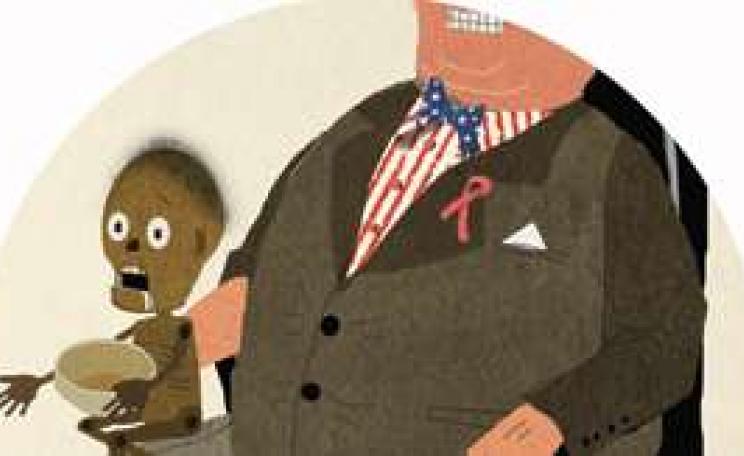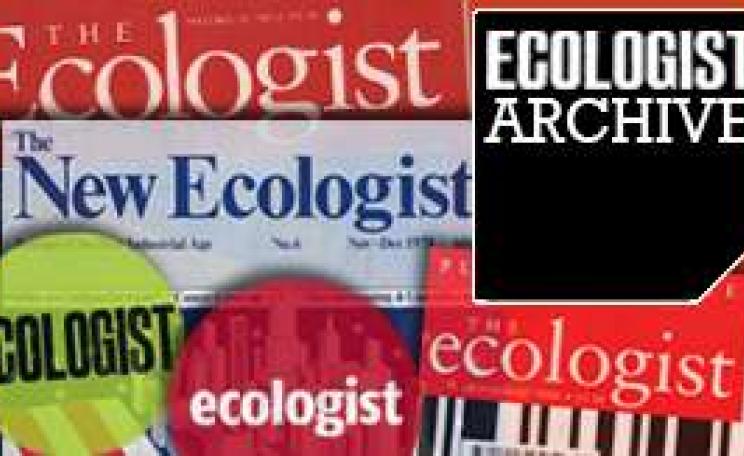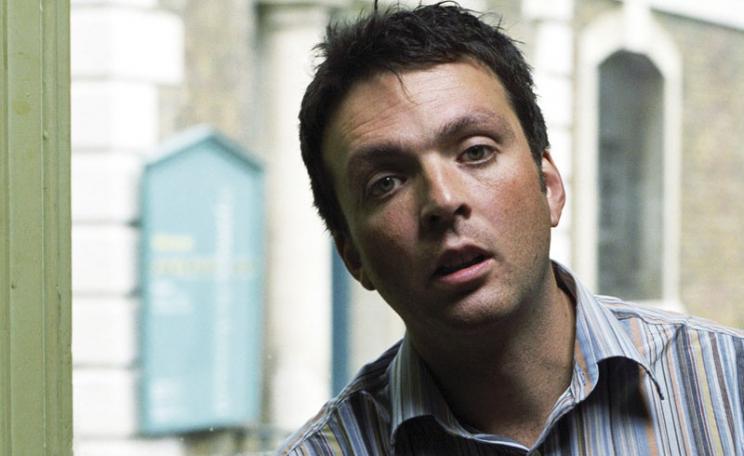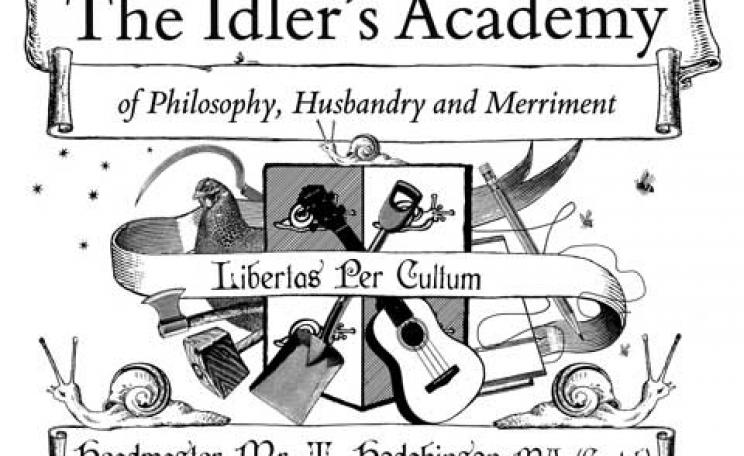They present a fantasy world full of abstractions such as ‘jobs’, ‘shareholder value’, ‘growth’ and so on. Recently, of course, the business mags and papers have been full of stories of failing banks and the global squeeze on credit. The papers also have started to express doubts, on America’s behalf, about the US’s faith in the philosophy of free markets. The subprime fiasco was an example of free markets – for which concept, read ‘unrestrained greed’ – gone wrong. Maybe, they say, we need more regulations on trade, as existed, for example, in the economy of mediaeval Europe.
These financial papers are also full of juicy facts. There was the poor chairman of Novartis, who had taken a cut of 20 per cent in his take-home pay following poor results. The poor guy only got $15 million last year. Let’s hope his fortunes look up.
But perhaps the most fascinating piece was an interview with Jeroen van de Veer, CEO of Shell. Van de Veer says there is plenty more oil in the earth, but the problem is going to be getting it out as it’s in hard-to-reach places. He also says demand for oil and energy in general will rise and rise over the coming years as the world population continues to rocket.
But what really struck me was his comment about poverty. Van de Veer predicts more people will be lifted out of poverty in the future, and points out that being lifted out of poverty means using a lot more energy and a lot more oil. The first thing you do with a little money is start to
consume oil. You also buy more stuff, more plastics and more of the
output of the industrial society. Just think about that. The gradual
elimination of poverty would mean that global demand for oil would
rise, when readers of this magazine are hoping that it will fall. This
means, in effect, that wealth is ecologically damaging. It is not
eco-friendly. And it means poverty is eco-friendly. Subsistence farmers
of the East will consume a fraction of the oil of your typical family
in Europe or the US.
I’d often wondered why ü̈ber-capitalists are so up for ending poverty. I didn’t think they would care much about poor people. And then I realised: it’s because less poverty means more new markets for their stuff. It means more money for them. These companies are not as concerned with ending suffering as they are with ending people not having the money to buy their products, including oil. This is what is behind absurd ideas like laptops to Africa: with its stream of advertising, the laptop would open up new markets for global concerns by convincing Africans that they need IKEA furniture or Coca-Cola or Nurofen. So when we talk glibly about our desire to end poverty, we need to reflect a little more carefully on what that means. In actual fact, one way to avoid environmental catastrophe would not be to end poverty but to end wealth. It is wealth, not poverty, that makes the problems. A self-sufficient subsistence life may look to us like poverty, but if people have all they need and enjoy life, what is wrong with being poor?
This is why I would recommend that every family and individual try to earn and spend less money, not more. Use your imagination to live well on less each year. This way you will consume less and so create less pressure on the world’s resources. Ending global wealth may be the only way out of our predicaments. And after all, what else are the promoters or thrift and sustainable living really saying, but ‘be more poor’?
The chairman of Novartis is doing less than most for the environment simply by earning such megabucks. And we could perhaps take a tip from the former chairman of Shell, Lord Oxburgh, who is forcing poverty on his family by making them bicycle to the shops rather than take the car.
Tom Hodgkinson is the Editor of The Idler and author of the book How to be Free (Hamish Hamilton, £14.99).
This article first appeared in the Ecologist March 2008





